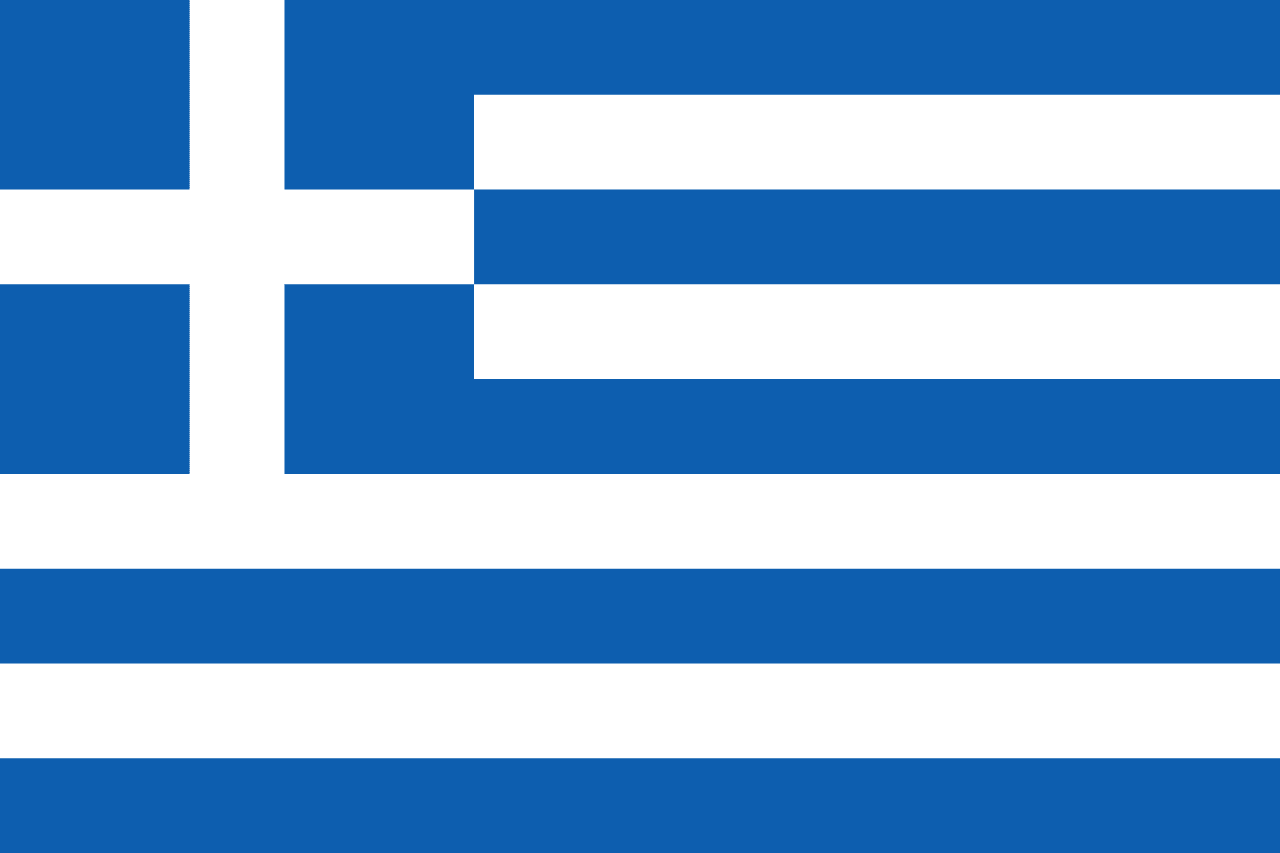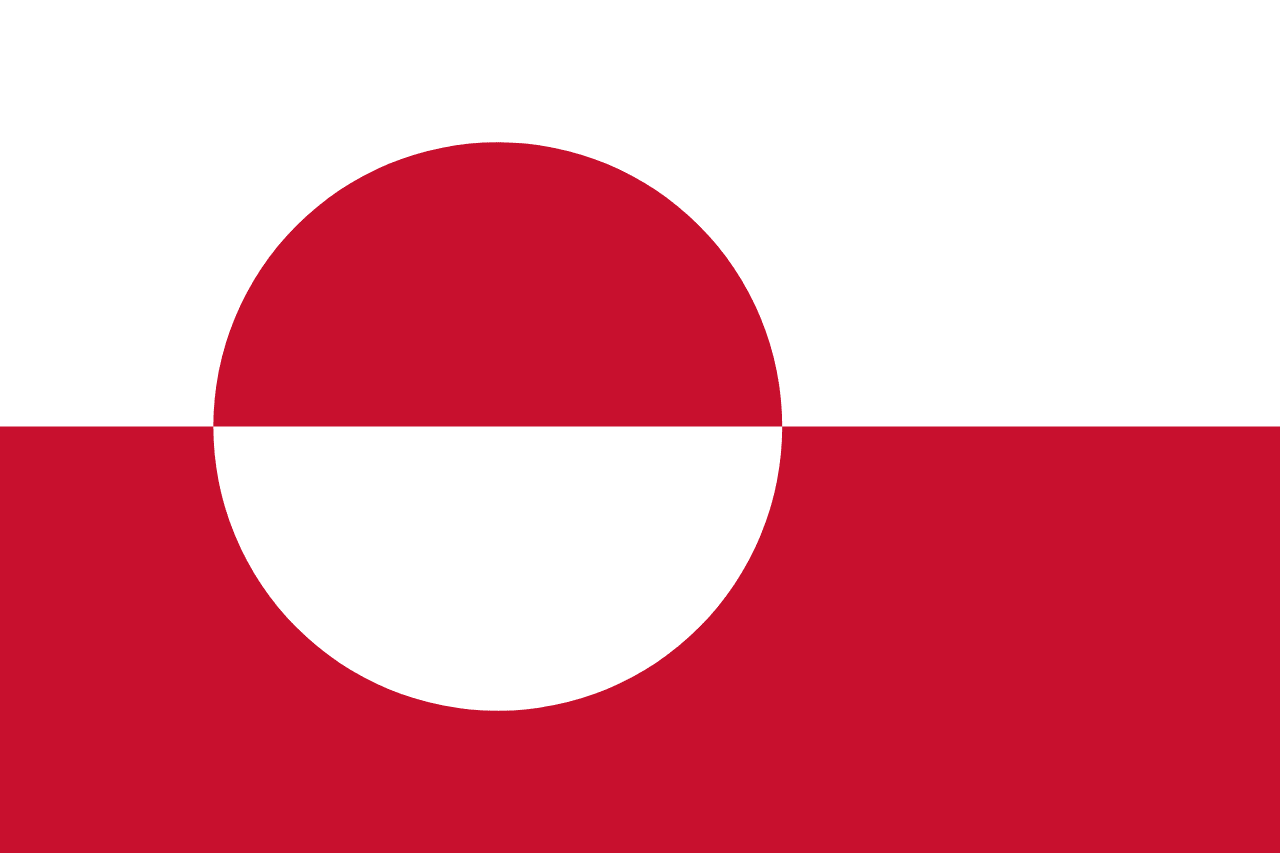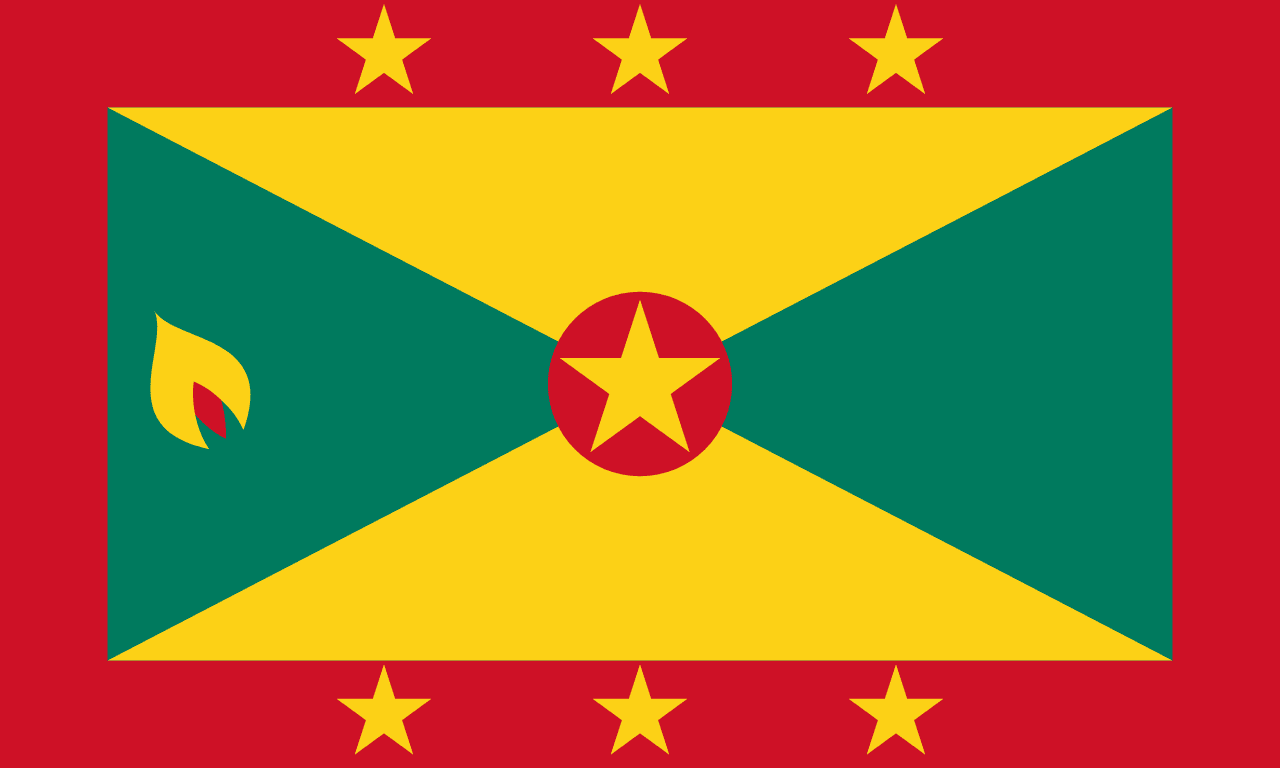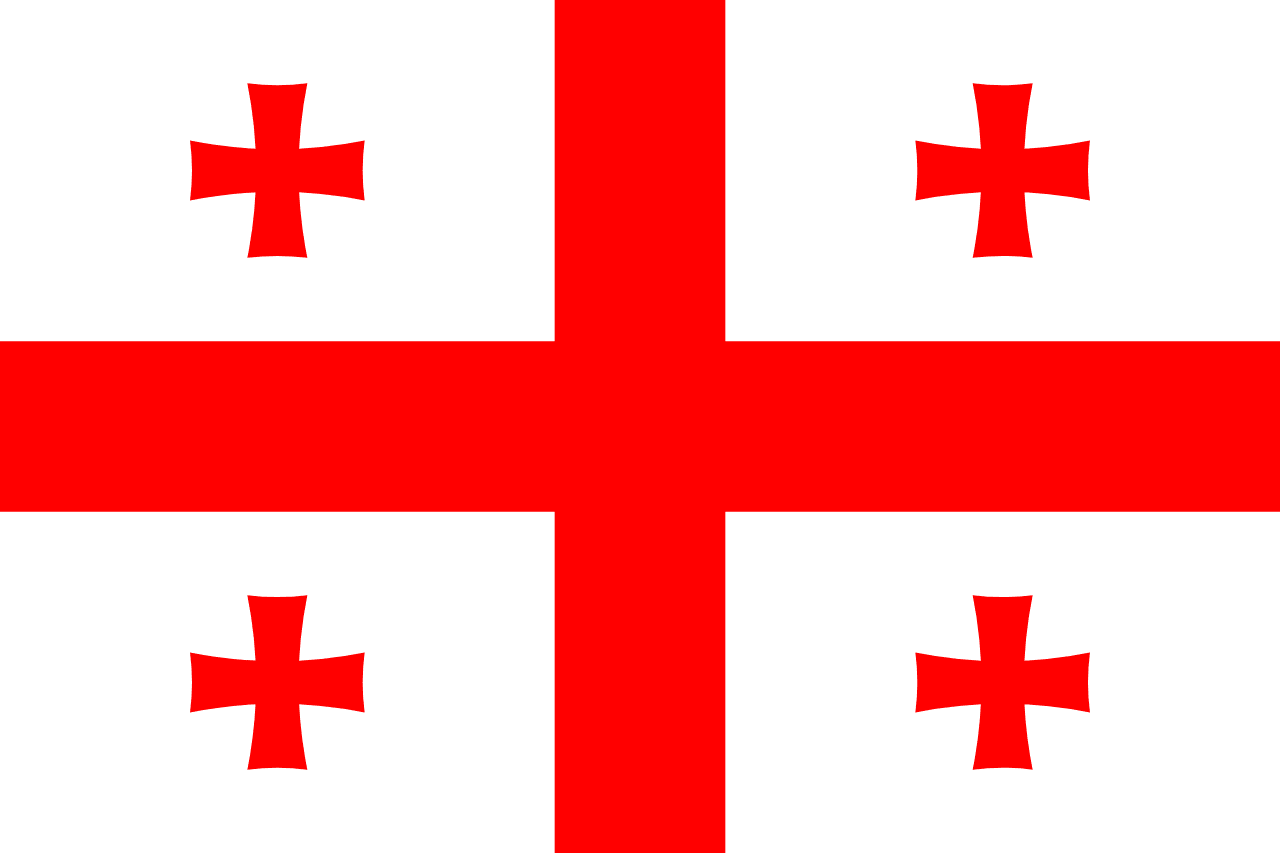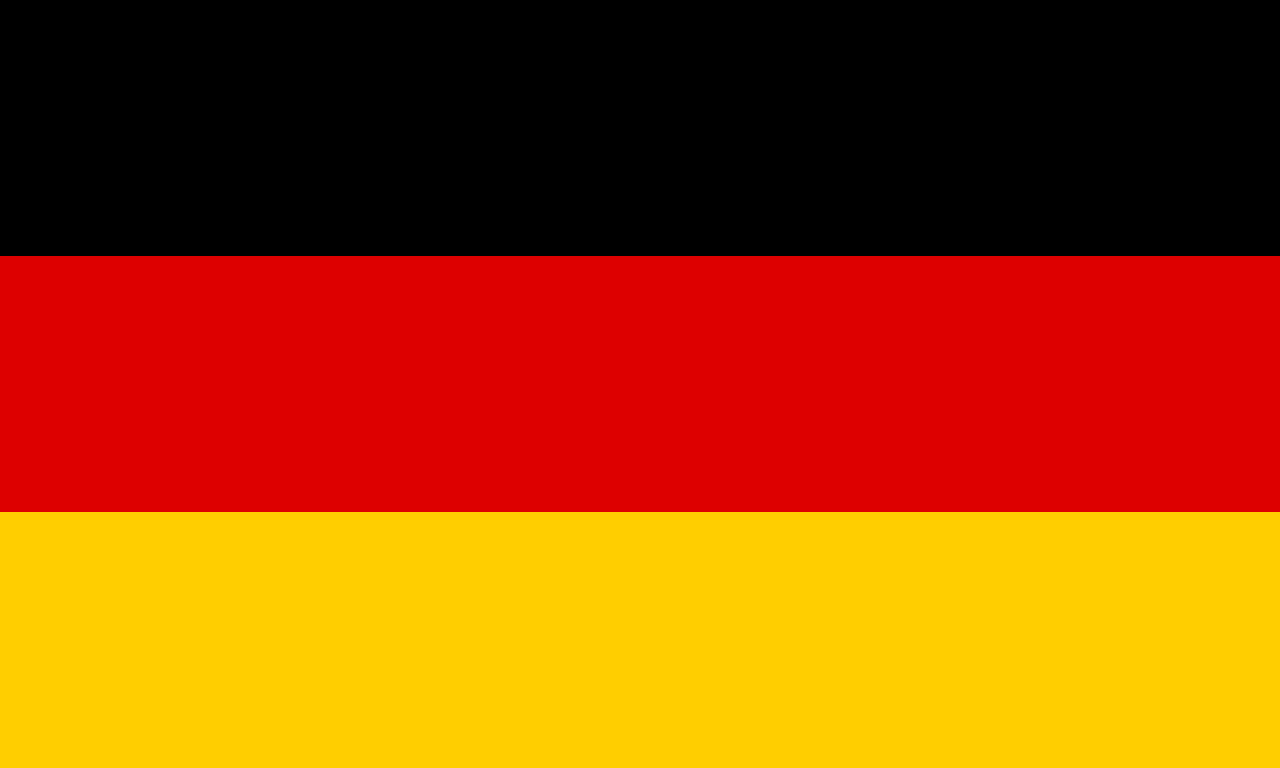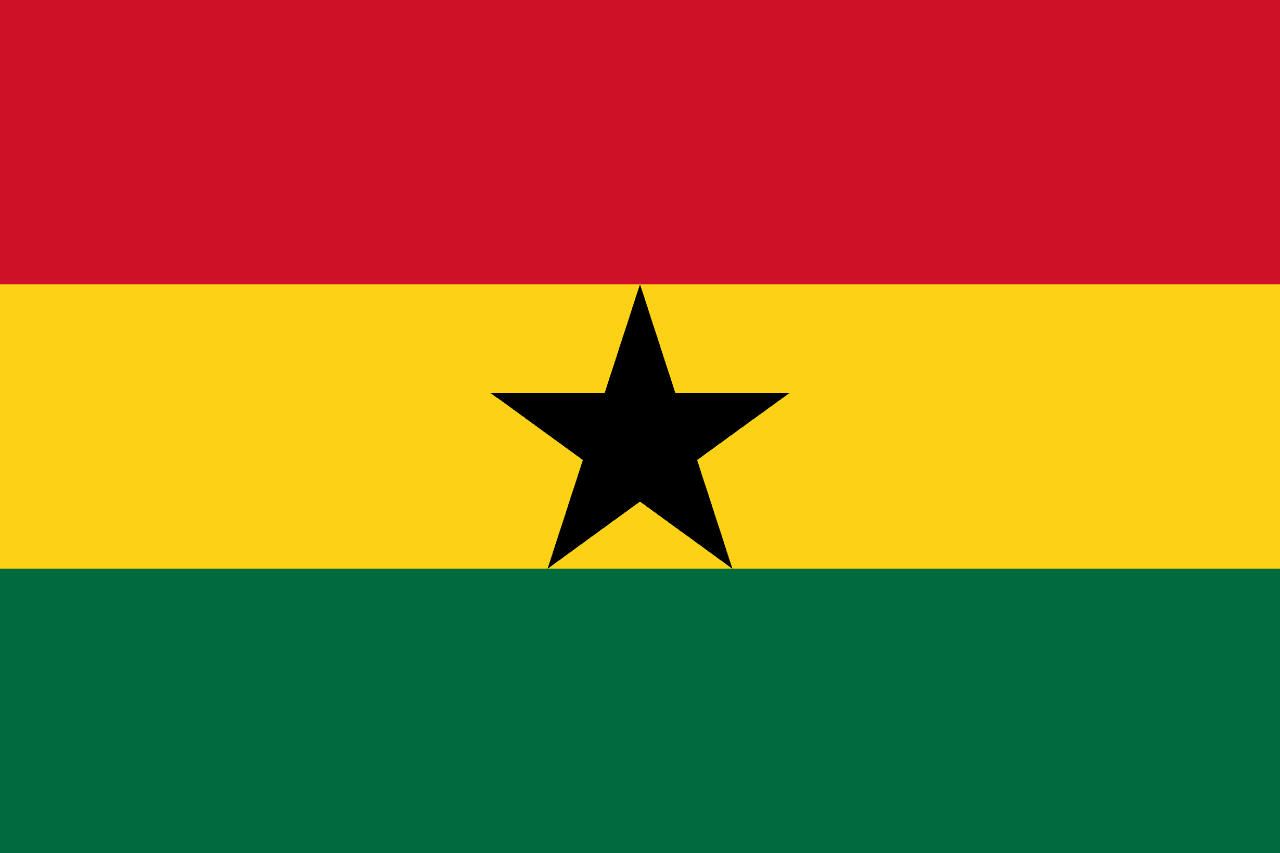The flag of Gibraltar consists of two horizontal stripes of white and red, with a red castle and key emblem in the center of the white stripe. This distinctive design encapsulates Gibraltar's rich history, strategic importance, and unique status as a British Overseas Territory.
Gibraltar information
| National Flag Day | — |
| Sovereign state | No |
| Official name | Gibraltar |
| Capital | Gibraltar |
| Population | 34,003 |
| Area | 6.8 km² |
| Currency | Gibraltar pound (GIP) |
| Language | English |
| Continent | Europe |
| Region | Southwestern Europe |
| Subregion | Iberian Peninsula |
| Borders | Spain |
| Timezone | CET (UTC+1) |
| Calling code | +350 |
| Top-level domain | .gi |
History of the Gibraltar flag
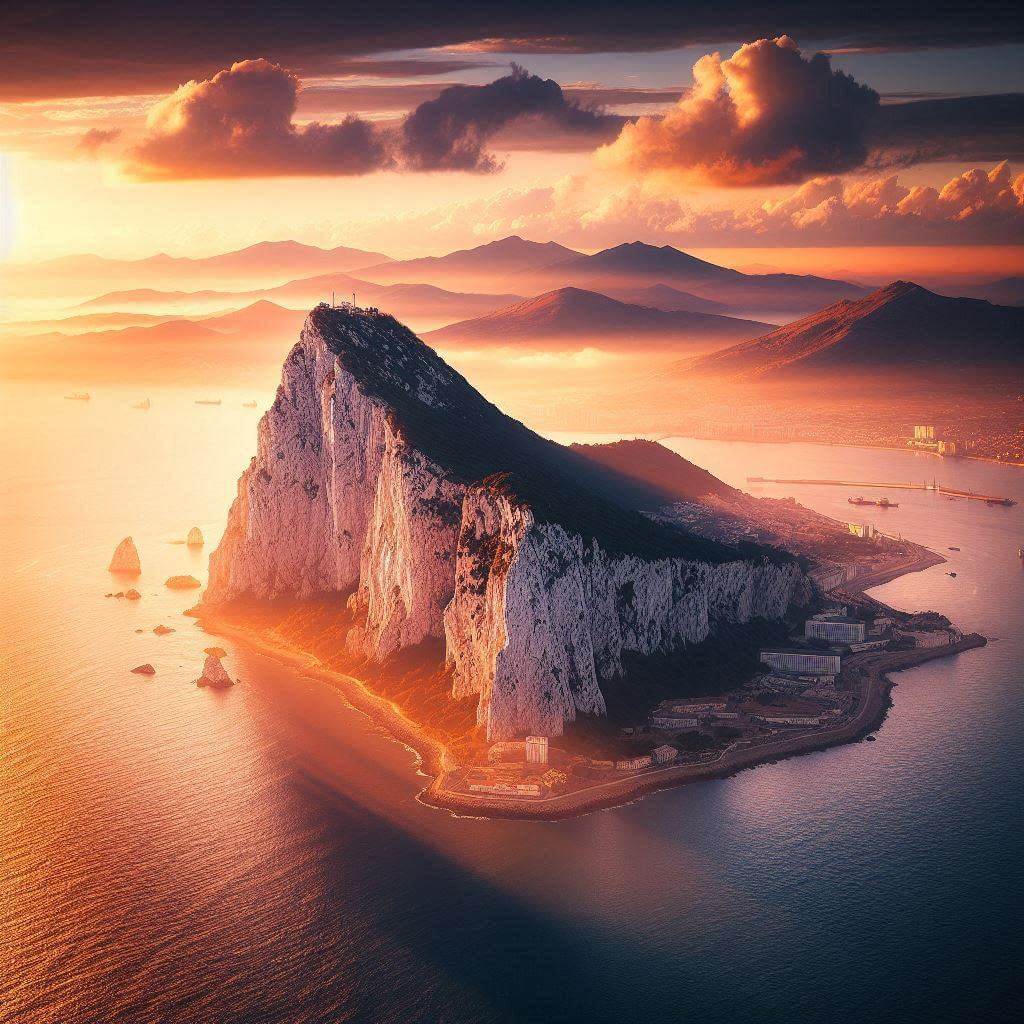 The current flag of Gibraltar was officially adopted on November 8, 1982. However, its design elements have a much longer history, rooted in Gibraltar's strategic position and its centuries-old connection to the British Crown. The flag combines elements from Gibraltar's coat of arms, which was granted by King Ferdinand and Queen Isabella of Spain in 1502, with the colors traditionally associated with British territories.
The current flag of Gibraltar was officially adopted on November 8, 1982. However, its design elements have a much longer history, rooted in Gibraltar's strategic position and its centuries-old connection to the British Crown. The flag combines elements from Gibraltar's coat of arms, which was granted by King Ferdinand and Queen Isabella of Spain in 1502, with the colors traditionally associated with British territories.
Symbolism and design of the Gibraltar flag
The flag of Gibraltar is rich in symbolism, with each element carefully chosen to represent different aspects of Gibraltar's identity and history:
- White and Red Stripes: These colors reflect Gibraltar's status as a British territory, mirroring the colors of the English flag.
- Red Castle: Symbolizes the fortress of Gibraltar, which has guarded the Strait of Gibraltar for centuries. It represents strength, resilience, and Gibraltar's strategic importance.
- Golden Key: Hanging from the castle's gate, the key symbolizes Gibraltar's position as the key to the Mediterranean. It represents Gibraltar's crucial role in naval strategy and trade.
Usage and significance of the Gibraltar flag
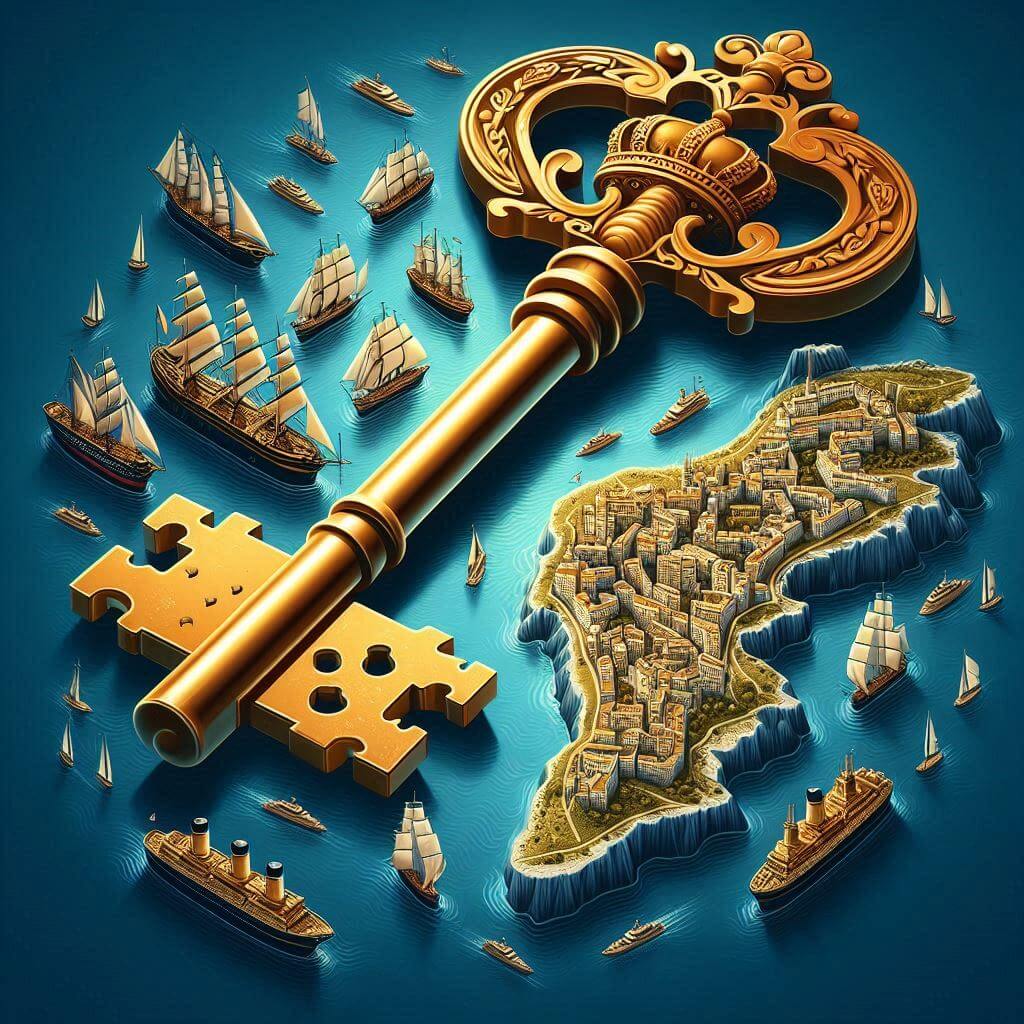 The flag of Gibraltar is a powerful symbol of the territory's identity and historical legacy. It is flown on official buildings, during national celebrations, and at events that highlight Gibraltar's cultural and historical ties with Britain and its distinct identity from neighboring Spain. The flag represents Gibraltar's autonomy, its British heritage, and its proud local traditions.
The flag of Gibraltar is a powerful symbol of the territory's identity and historical legacy. It is flown on official buildings, during national celebrations, and at events that highlight Gibraltar's cultural and historical ties with Britain and its distinct identity from neighboring Spain. The flag represents Gibraltar's autonomy, its British heritage, and its proud local traditions.
Internationally, the Gibraltar flag is recognized as a symbol of this unique territory, often seen in discussions about Gibraltar's status and its role in international affairs, particularly in relation to Brexit negotiations and Gibraltar's future relationship with the European Union.
Interesting facts about the Gibraltar flag
- Gibraltar is a British Overseas Territory located at the southern tip of the Iberian Peninsula, known for its strategic location overlooking the Strait of Gibraltar.
- The Rock of Gibraltar, a monolithic limestone promontory, is a prominent landmark and symbol of Gibraltar's strength and resilience, often associated with the "strength of Gibraltar" phrase.
- Prior to 1982, Gibraltar used the British Union Jack as its official flag, with the Gibraltar coat of arms sometimes added to distinguish it.
- The castle and key motif on the flag has been associated with Gibraltar since the 14th century, long before it came under British rule in 1713.
- Gibraltar's unique position has made it a subject of dispute between Britain and Spain for centuries, with the flag serving as a visible assertion of its British ties.
- Despite its small size (just 6.8 square kilometers), Gibraltar has its own government, currency (Gibraltar pound), and distinct culture, all represented by its flag.
The flag of Gibraltar, with its distinctive design and rich symbolism, serves as a powerful emblem of this small but significant territory's unique identity, strategic importance, and enduring connection to British heritage amidst its Mediterranean setting.
